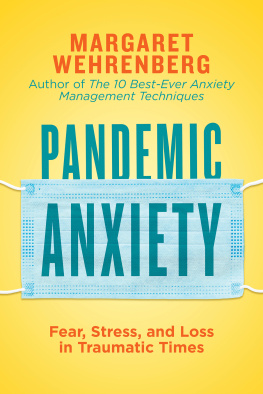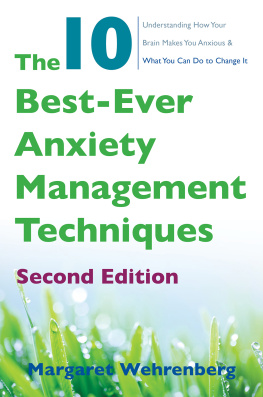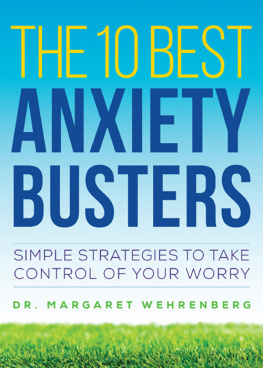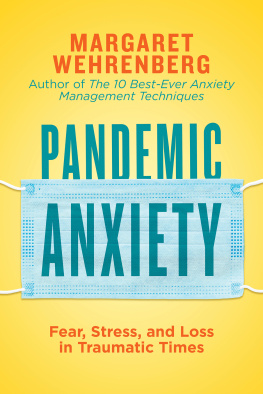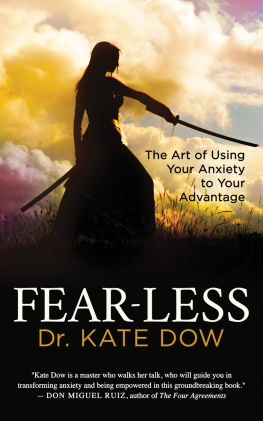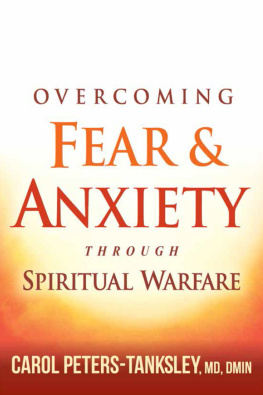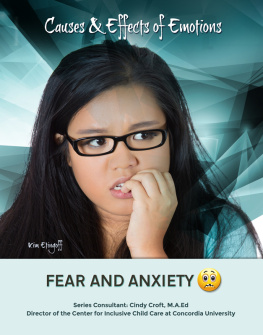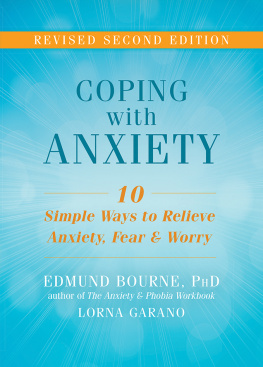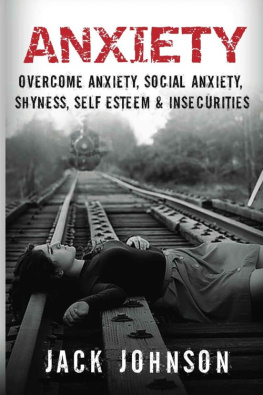
There are so many people who contributed to my thinking and working this through when we were all also experiencing the stress of the pandemic. I am so fortunate to have friends who are interested and thoughtful and gracious with their time and expertise. Laurel Coppersmith and Susan Palo Cherwien were very helpful in shaping my thoughts on ritual and healing, reading and honing the concepts I wrote here. Dr. Shannon Burns discussed ethics and therapist burnout with me and helped me avoid burnout along the way. Mary Jane Murphy Gonzales gave me insight into adapting therapy modalities to the constraints of videoconferencing, generously sharing ideas about methods. Dr. Martha Straus contributed to my understanding of engagement with teens and children via videoconferencing, as always with her vivid and creative style making me see how it can work. Ellie Proffer and Jessica Wehrenberg gave me an insiders view of being a working mom with little children that showed me how even the most competent person can get to her wits end with pandemic pressure. I need to express thanks to my patient editor, Deborah Malmud, who has talked me through several iterations of doing therapy in a new world, and this is the one we ended up in: pandemic anxiety! Mariah Eppes and the staff at Norton who polished this all deserve appreciation for their attention to detail that makes this readable. To all of these wise women, I owe a debt, and I hope this work will do their contributions proud.
While the pandemic terror maybe waning as you read this, post-pandemic conditions will reverberate into ourongoing lives. Almost all of us will have been touched by the illness or deathof someone with COVID-19, and we will have suffered financially or known peoplewho are struggling to recover from a failed business or lost job. You may beamong those who protested against racism or were politically active and arestill seeing the way those situations are playing out across the country. Youmay have suffered from the fires, hurricanes, and tornadoes that sweptdifferent parts of the country while the pandemic added to the suffering by makingit hard to safely give and receive aid.
Throughoutthis book I have addressed the kinds of stress, fear, grief, and loss that somany people have suffered while going through the pandemic. Some of this bookis specifically addressed to a U.S. audience because of the additional burdensof racial unrest and political upheaval during this time, although othercountries were going through those types of struggles also. My intention is togive to everyone who reads this the tools to manage those issues. However, someof you will feel you need more. In that case, psychotherapy can help.
The Mental Health Crisis
COVID was not justabout getting sick. It created a public health crisis for our mental andemotional well-being. No one knows just yet how long the mental health crisisof COVID-19 will go on. Its role in the rise of anxiety in the United States isonly just being fully assessed. It appears that large percentages of people ofall ages are feeling anxious and depressed as the pandemic conditions go on. A study by John Ayers and colleagues looked at internetsearches about anxiety and depression from before and then after the pandemic.After the president officially identified it as a pandemic, internet searchesabout acute anxiety between March and May 2020 immediately rose 11%, and therewas a correlation between fresh announcements about the pandemic and increasedinternet searches about panic and anxiety in the months following the Marchannouncement (SeeAyers, J. W., Leas, E. C., Johnson,D.C., et al. [2020]. Internet searches for acute anxiety during the earlystages of the COVID-19 pandemic. JAMA Internal Medicine. Advanceonline publication. https://doi.org/10.1001/jamainternmed.2020.3305.)
Another kind of study, a survey of peopletaking a voluntary online mental health screen, showed that in May and June thenumber of anxiety and depression screenings completed per day were 406% and457% higher, respectively, than the number completed in January, before thepandemic in the United States. People are worried about their mental health. Assummer 2020 went on and the category of racism was added as a potentialcontributor to the anxiety and depression, 8% indicated that it contributed toanxiety. Those screenings were completed by age groups ranging from 1117up to 65 years and older, with younger people appearing more stressed, as olderadults had presumably had more opportunities to develop coping skillsthroughout their lives.
In Other Words, You Are Not Alone, and Help Is Available
You may be among those whose life was changedforever by some aspect of COVID-19 and the related issues, but it would besurprising if you did not experience some of the significant disappointmentsthat restrictions and public safety measures brought upon us. A largepercentage of us felt the impact and became anxious or depressed or sufferedpanic attacks. If you are one of the many who did, taking care of yourself andgetting some therapeutic help if you need it will be important to your psychologicaland physical well-being. Most therapists are conducting treatment withtelehealth, which is very effective, making it less complicated than ever toadd some professional help into your recovery if you are not doing well withself-help.
Take Action Now
If you are mostlyresponding to the upsetting effect of disappointments of major or minorproportions and you have not directly addressed those, there are reasons not topostpone creating options to re-create what has beenlost or delayed. Creating markers for whatever transition or tradition youlost, regardless of its natureplanning a different kind of vacation,anniversary celebration, or bar mitzvah or baptismwill make it easier foryou to move forward with life. Recovering your mental health is essential to youroverall well-being.
Youmay have felt acute anxiety that you have struggled to shake off, or, as thepandemic continues on, your feelings of being down may be more like depression.You might still be overcome by grieving a death without the community contactyou need. The sooner that you can plan a way to be connected with others, thebetter. If anything, what the pandemic taught us is that life is uncertain.Dont put off creating the ceremonies and rituals that you are thinking about.Dont wait until everything is back to normal. Waiting might mean that itwill be too late for some of your aging or sick loved ones to be included inthe community of those who will witness your event and share it with you. Assoon as you can, use the ideas in this book (and every creative idea you have!)to create ways to celebrate, congratulate, and mark the occasions of your life.
Contents
Advance Praise
Accessible and deeply educational, Pandemic Anxiety will be relevant long after the pandemic is over. Packed with clear explanations and practical suggestions, this is a valuable resource for parents, therapists, those dealing with new working conditions or elder care, or just feeling overwhelmed. Its easy to feel lost right now; reading this book is like having a calm passenger in your car, giving you all the right directions.
Erica Bauermeister, Ph.D., NYT bestselling author of House Lessons: Renovating a Life
Dr. Wehrenberg deftly focuses her deep roots in treating anxiety disorders onto the unique anxiety driven by Covid-19. She undergirds her work with generous research, but manages to never come across as overly academic. In ways warm yet practical, professional yet never preachy, she offers readers a tour-de-force of the best practices for treating anxiety. The book is seasoned with recommendations for reshaping the impact of anxiety, in all of its manifestations. Dr. Wehrenberg has written an engaging and readable book that both professionals and persons struggling with anxiety will find both motivational and a valued resource.

